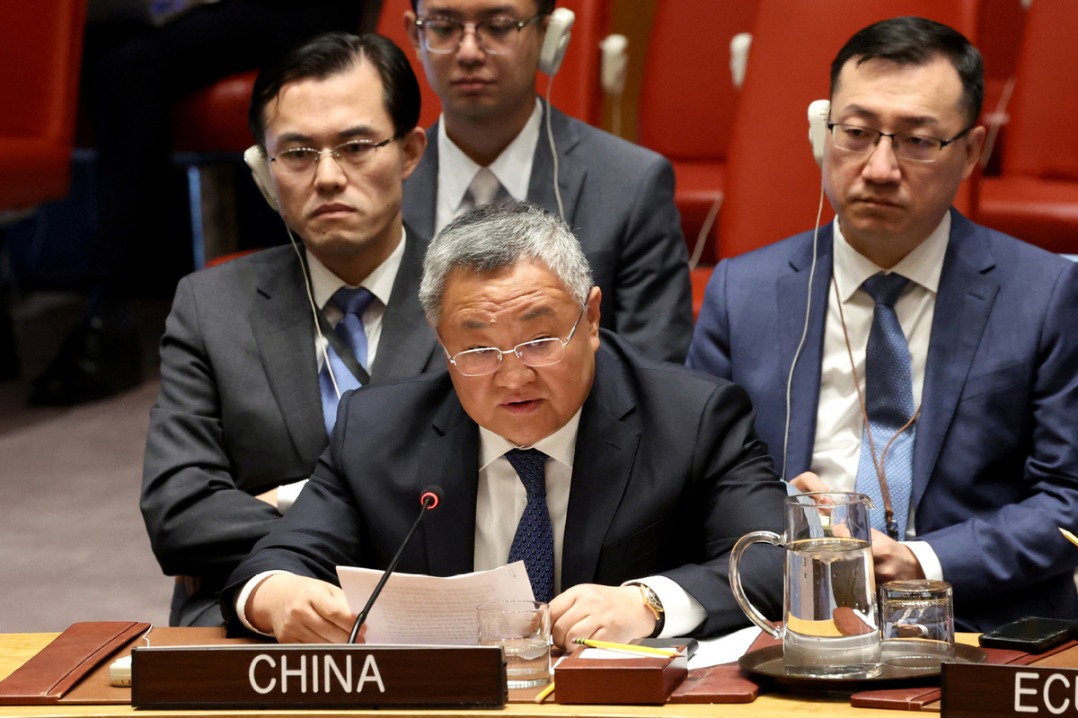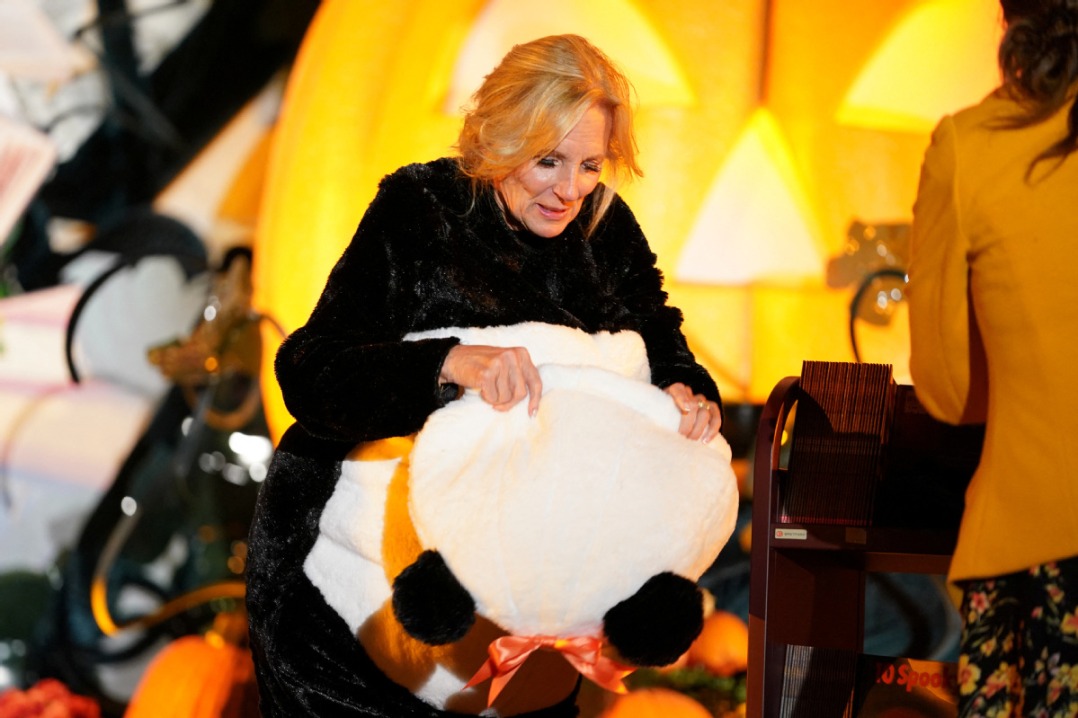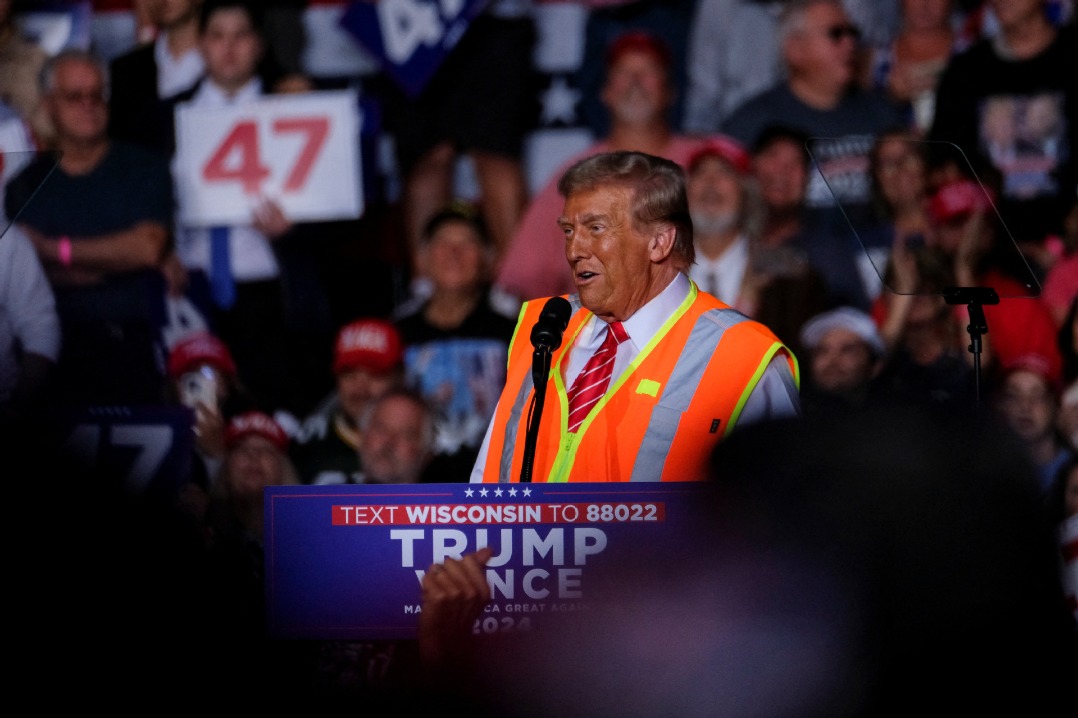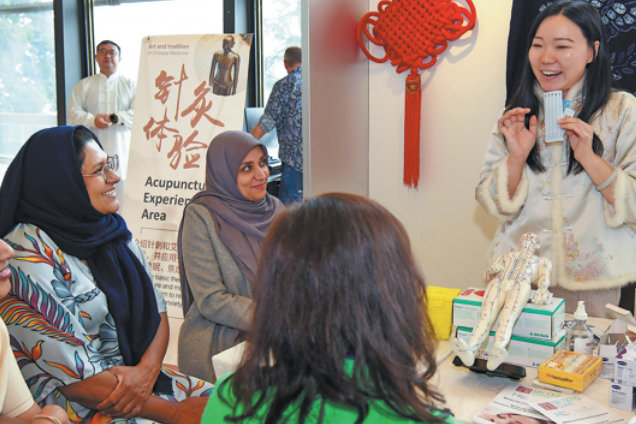South Africa votes in key polls
Ballots cast as ruling ANC faces challenges amid sluggish economy

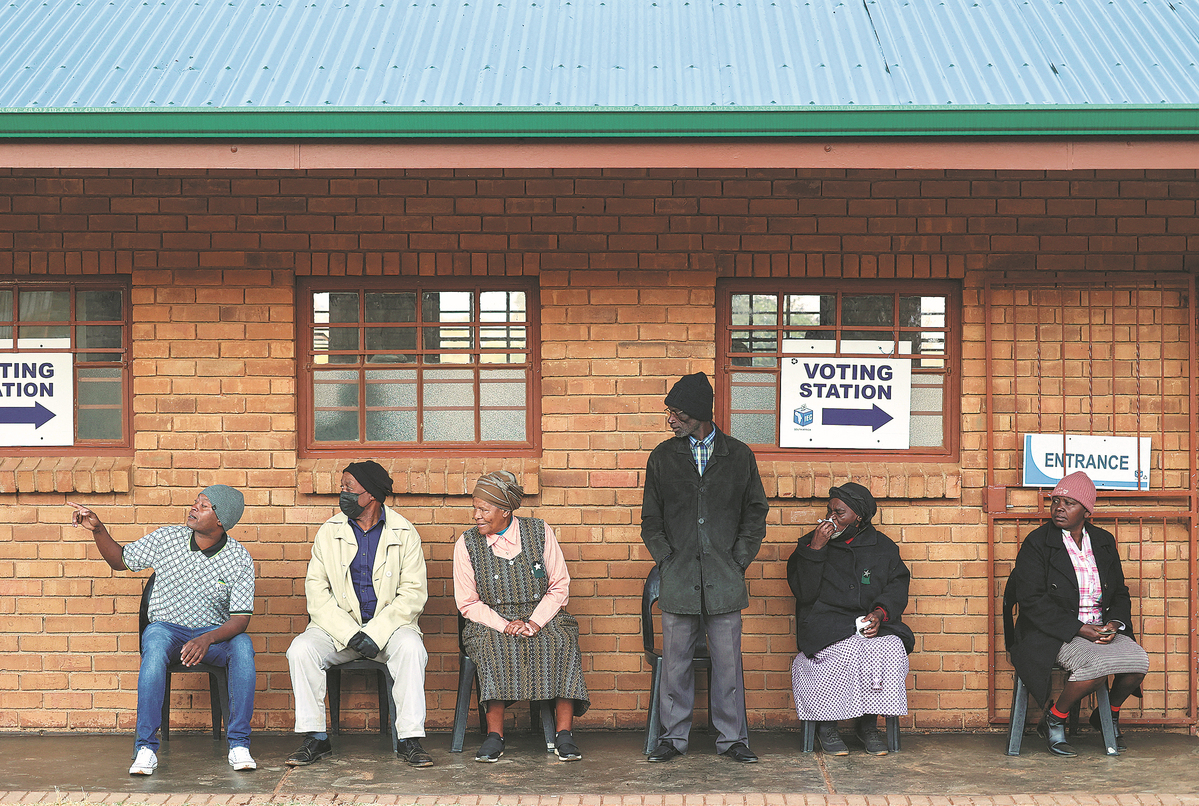
Tens of millions of South Africans voted on Wednesday in an election that could reshape the future of the nation.
This will be the most contested election for South Africa in the past 30 years, with the ruling African National Congress, or ANC, facing serious challenges from other parties amid a sluggish national economy and high unemployment.
A total of 27.8 million people registered to vote in the national and provincial elections, the highest since the end of apartheid in 1994. A total of 23,292 polling stations were established across the country.
The elections, which coincide with South Africa's celebration of 30 years of freedom and democracy, are the seventh general elections held since the end of apartheid.
"South Africa's general election is a watershed moment in the political history of the country," Aleix Montana, an analyst at risk intelligence company Verisk Maplecroft, told Agence France-Presse.
The Electoral Commission of South Africa, or IEC, said many South Africans turned up to vote on Wednesday.
IEC's deputy chief electoral officer Masego Sheburi said voting began smoothly but there were some delays in the beginning at some polling stations.
The voter turnout is expected to be more than 66 percent, the figure recorded in the previous election in 2019, said Sheburi.
The Department of Home Affairs said their offices would remain open from 7 am to 9 pm on Wednesday to enable those who have lost their identity documents to apply for temporary ones and be able to cast their votes.
Nomonde Mnukwa, acting government spokesperson, said: "There is a conspicuous and palpable sense of jubilation at voting stations across the country as citizens exercise their constitutional right in this seminal seventh national election."
A total of 2,828 members of the South African National Defense Force have been deployed to work with the police during the elections.
Drones deployed
Tebello Mosikili, deputy national commissioner of police, said they have deployed "10 multidisciplinary airborne surveillance helicopters and drones" for monitoring the elections.
Nokuthula Ngcobo, a 36-year-old resident of Johannesburg, said she was excited to vote for her uMkhonto weSizwe party, which she thinks is capable of transforming the country for the better.
UMkhonto weSizwe party was formed in 2023 and is led by former president Jacob Zuma.
Ngcobo had lost her identity document on Tuesday. However, she managed to get a temporary identity card and cast her vote.
She said: "I want the incoming government to create job opportunities. There are some graduates who are not employed. I want those above 65 years of age who are members of parliament to give youths a chance."
The unemployment rate stands at 32.9 percent currently.
Relebogile Mashaba, 45, said she voted for the ANC to give the party another chance to complete the development projects they started. She said the ANC has improved the lives of the people through infrastructure projects and allowing free education for the poor.
Meanwhile, support for the ANC hovers at around 42 percent, an opinion poll showed, Reuters reported. A result of below 50 percent would mean the ANC would have to make a deal with one or more smaller parties for the first time since it came to power 30 years ago.
Among the opposition parties vying for power is the Democratic Alliance, which won the second-largest vote share in 2019. It has formed an alliance with several smaller parties.
President Cyril Ramaphosa, 71, sat alongside other voters in Soweto, where he was born. Ramaphosa said he was certain South Africans would give the ANC "a firm majority".
The electoral commission said the election results will be announced on Sunday.
Agencies contributed to this story.
The writer is a freelance journalist for China Daily.
















